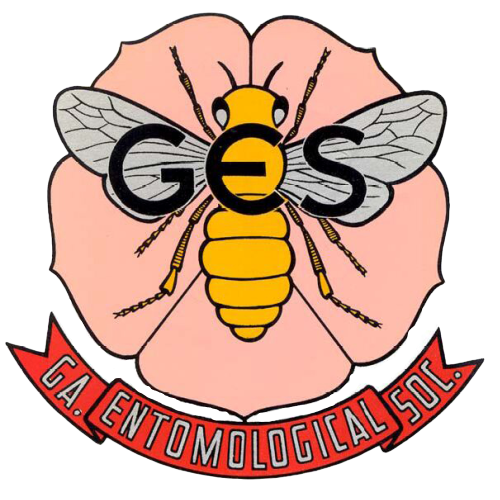Biochemical Assay Detects Feeding Damage to Loblolly Pine Seeds Caused by the Leaffooted Pine Seed Bug (Hemiptera: Coreidae)
A large number of proteins in salivary gland extracts of the leaffooted pine seed bug, Leptoglossus corculus Say, were strongly recognized by a polyclonal antibody-based assay developed for detecting saliva of the western conifer seed bug. Leptoglossus occidentalis Heidemann, in lodgepole pine, Pinus contorta var. latifolia Engelmann, seeds. An average of approximately 85% of loblolly pine, Pinus taeda L., seeds exposed to feeding by L. corculus for 1 to 4 weeks in the laboratory contained detectable amounts of salivary proteins when the antibody assays were performed weekly on samples (n = 10) of seed. In comparison, radiography of exposed seed detected an average of approximately 63% damaged seed over the same 4-wk period, indicating that the antibody assay increased sensitivity of damage detection by approximately one-third. Depletion of insoluble polypeptides and proliferation of soluble polypeptides ≤23.5 kDa was apparent after SDS-PAGE and quantitative assays were performed on proteins extracted from seeds that were damaged by exposure to L. corculus feeding. Our data suggest that the antibody-based test could be used to obtain accurate estimates of seed losses attributable to L. corculus feeding in southern pine seed orchards.
Contributor Notes
